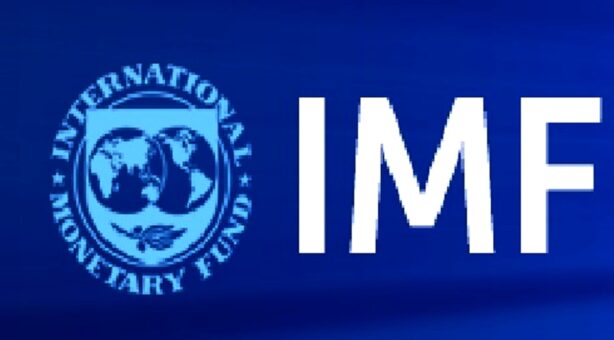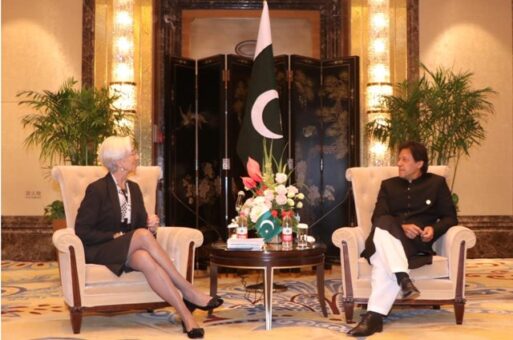KARACHI: Federal Board of Revenue (FBR) to generate additional revenue of Rs733.47 billion during current fiscal year after abolishing zero-rating of sales tax and other policy and administrative measures.
Pakistan has outlined its strategy for enhancing revenue collection before the International Monetary Fund (IMF) through eliminating exemptions, distortion and other policy and administrative measures.
These budgetary measures likely enhance tax to GDP ratio by 1.7 in the fiscal year 2019/2020.
The FBR will generate additional revenue of Rs222.77 billion from measures taken through budget 2019/2020 in the sales tax, which included:
Petroleum products levy increase to 15 PRs (and set as a floor) and
GST rate at 17 percent (set as a floor)
Cancel SRO # 480 and bring steel sector, edible oil and medium to large retailers to 17 percent GST regime
Extend the list of products under the retail price taxation – Third Schedule (home appliances, paint.., currently under SRO # 480)
Cancel SRO#1125 and bring exportable sectors to standard GST regime at 17 percent rate, with immediate cash refund for exported goods only
Remove certain items from exemptions (packaged food), and apply GST tax at 17 percent.
Increase GST on sugar from 8 percent to 17 percent
Redefine the exemption available to Cottage Industry
An additional amount of Rs90.114 billion estimated under Federal Excise Duty (FED) through following measures:
0.2 Increase of FED on cigarettes and remove the third tier.
Introduce FED on cigarettes coming from non tariff areas
Increase/introduce FED on sugary drinks to 13 percent
Increase FED on cement from 1.5 Rs per kg to 2 Rs
Additional amount of Rs324.98 billion estimated through eliminating exemptions and other distortions in Income Tax, such as
Personal Income Tax (PIT): lower the threshold to Rs400,00 and Rs600,000 for non-salaried and salaried individuals respectively, increase tax rates Increase in rate of minimum tax u/s 113 from 1.25 to 1.5 percent
Extend the regime of higher withholding tax rates for non-filers
Resume Telecom withholding rate
Change in income tax regime of Services sector (banks and insurance companies)
Abolish BMR credit incentives
Increase the holding period liable to tax for capital gain tax on immovable properties and securities
Taxation of gifts from unrelated person at standard PIT rate
Aligning value of immovable properties with the market rates
Reduction of number of withholdings and simplification of procedures
Amortization of expenditure in BOT projects over useful life of the project instead of current 10 year amortization
Long term lease hold right may be considered as purchase of property
Taxation of formal agricultural sector within the scope of federal government
Rationalization of tax credit available to Non-profit organizations (NPOs)
An amount of Rs60 billion has been estimated to be generated through measures taken under Customs duty:
Increase in Additional Customs Duty Rate on finished and luxury goods
Withdrawal of exemption on import of LNG and subjected to 5 percent duty
Revenue administrative measures to generate Rs 35.6 billion through following steps:
Implement Track and Trace system for Tobacco Products
Automated monitoring of GST and income at retail (point of sale)
Changes in ADCIR mechanism
Separation of audit & adjudication functions
Making procedure for prosecution easier
Enabling and strengthening FBR field formations
Cleansing of databases and integration to enable effective data mining
Enabling efficient enforcement through investment in FBR
Infrastructure and process reengineering
Taxpayer education and facilitation


